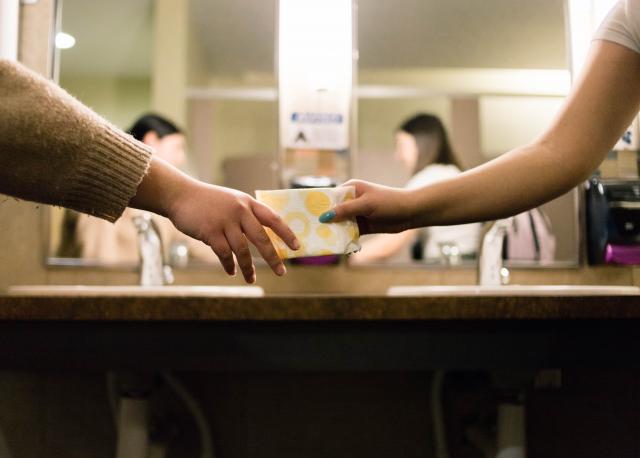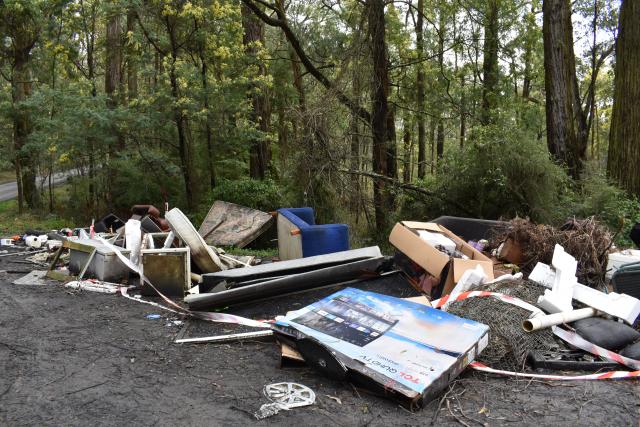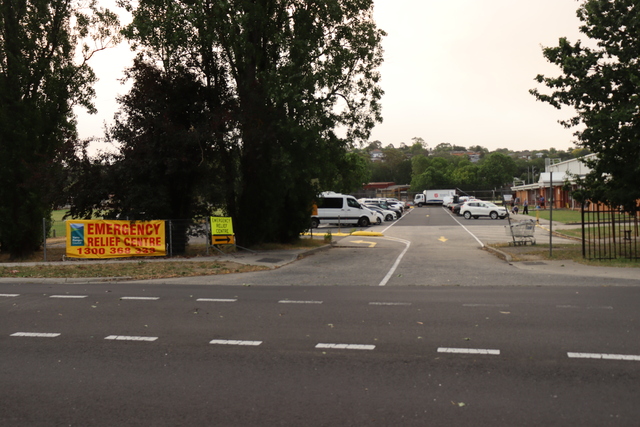Many families are choosing to go without items to get through the rising cost of living for Victorians.
Some of those items include feminine hygiene products such as pads and tampons and toiletries.
A recent study by QUT, ‘Periods : how they impact our lives’ found that more than 60 per cent of tertiary students and employee respondents said they find it hard to purchase period products. A further 10.8 per cent said they struggle every month to purchase the much-needed items.
The survey conducted by the university gathered results during 2021 and 2022 and highlights the prevalence of period poverty in Australia.
Almost 70 per cent of respondents said due to financial hardships, they have ‘sometimes’ or ‘often’ shifted to a cheaper product and 28.1 per cent have at least sometimes been unable to buy products due to cost.
The health risks associated with wearing a pad or tampon longer than recommended has also been raised as a concern with 62.7 per cent of respondents saying they’ve worn a tampon or pad for longer than four hours due to not having supplies.
Period poverty is something that’s being felt in the Yarra Valley as well, with emergency relief centres providing sanitary and hygiene items to many people in need.
Kate Barratt from ADRA Redwood Centre in Warburton said the emergency relief centre is still seeing higher than usually need at the moment for people asking for sanitary and toiletry products as well as food.
“Uncertainty of where the items are going to come from in the future is definitely playing on people’s mind,” Ms Barratt said.
“So just because they have pads on them right now doesn’t mean they’re going to have them next month, so they’ll just be very careful with the supply they have now.”
Charities such as Share the Dignity and Pinchapoo provide sanitary and hygiene products to the centre and others in the area.
Ms Barratt said they always try to have pads and tampons in stock and also have them on a ‘serve yourself’ shelf.
“We always try to make sure that we have pads and tampons available and that’s topped up a number of times a week. So it’s not necessarily just people that are coming into ask for food it’s people that come through the door and just grab those as well without having to ask for them,” she said.
Ms Barratt believes there’s still also stigma and shame for women and girls to ask for the products.
“We have a list for people to tick next to what they want and we talk through it with the women as well to make sure – they will often leave it blank and we say is there anyone in the household that does require those products and usually there is and they will just leave it blank out of sheer embarrassment.
“So our volunteers are really careful to make sure that they do their best to make people feel comfortable talking about it as well.”
The community’s invited to support emergency relief centres with donations of goods, whether its non-perishable food or toiletry items.
“We’re not getting as many donations of those and the cost of those for us agencies to purchase is astronomical. It’s really costly for Redwood to go out and buy 50 cans or sticks of deodorant – it’s just cost prohibitive.
“There are so many families that they have to pick and choose whether they actually purchase those things or whether they purchase food.”
If you’d like to donate or in need of support, visit the council’s directory website for your closest emergency organisation via https://www.yarraranges.vic.gov.au/Community/Health-and-Wellbeing/Community-relief-and-support-agencies/Food-relief-food-boxes-and-meals or contact Kate Barratt at the Redwood Centre on 03 5966 2320.







